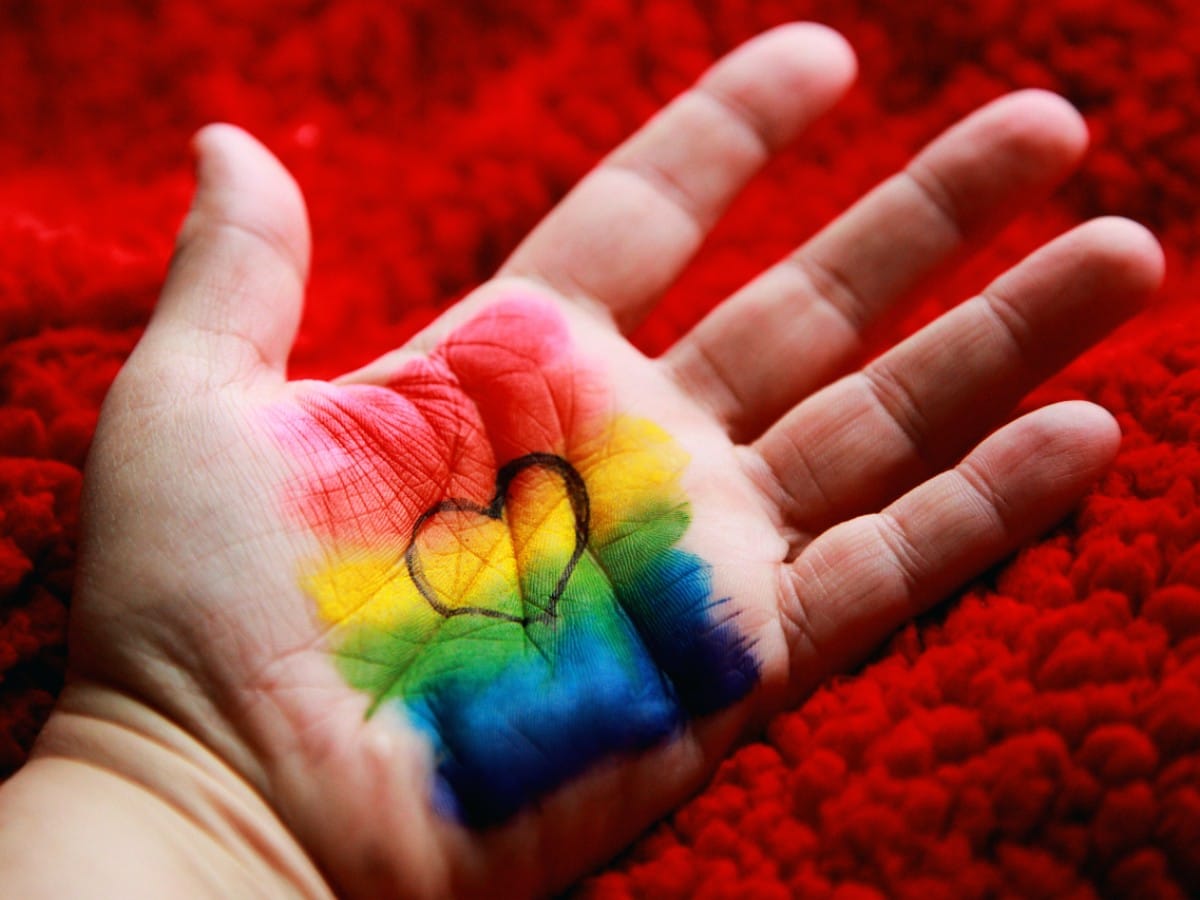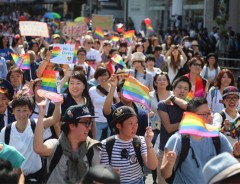
Source: © Unsplash.com
Japanese residents react to ruling that same-sex marriage bans are unconstitutional
- Tags:
- Japanese constitution / LGBT / LGBTQ* / ruling / same-sex marriage / Sapporo
Related Article
-

Birds Clash In A Squeaky Rap Battle…Or Chirpy Political Debate
-

FamilyMart shows its support for Tokyo Rainbow Pride Week with Rainbow Famichiki packaging
-

SHIBUYA109 Lab reveals results from Generation Z Gender Awareness survey
-

Historic Japanese Cinema Revamps Couple Discount Offer to Include LGBT Patrons and Wins Online Praise
-

Celebrate The LGBTQ* Community At Tokyo Rainbow Pride 2016!
-

Court rules Osaka school’s regulations “not illegal” after forcing student to dye hair black despite natural brown color


Monumental cultural shifts are almost commonplace this day in age. The world has been turned upside down by the COVID-19 pandemic forcing many to live their lives online. Even before, in the Western world, rising populism threatened to unwind globalism while ushering in controversial political figures. On the other hand, Japan has seemed shielded from several of these tectonic shifts. Yet, change may be afoot for this culturally conservative society.
For instance, the oft-neglected LGBT community in the country recently realized a landmark legal victory. Earlier this week, the Sapporo District Court in Hokkaido ruled that denying same-sex marriages represents a discriminatory and unconstitutional act by the government.
In the ruling, Presiding Judge Tomoko Takebe noted, "Sexual orientation is not something that a person can choose and change at their own will." She continued, "It is discriminatory treatment that gay people are being denied even part of the legal benefits resulting from marriage, and it goes beyond legislative discretionary powers." More specifically, Takebe explained that denying same-sex marriages violates equality guarantees outlined in Article 14 of the Constitution.
Prior to the verdict, local governments across Japan have been making their own accommodations for same-sex couples. Partnership certification systems were launched in major municipalities such as Tokyo, Saitama, and others. The systems experienced widespread demand, with certificates issued to some 1,300 couples as of September 2020.
Yet, the certificates do not trump Japanese law, which does not recognize same-sex marriages. Instead, the couples received limited rights, such as being recognized as a family when applying for public housing, insurance, and family discounts for services like mobile phone plans.
Dominoes
The Sapporo ruling may be the beginning of legislative pressure to amend the Civil Code in Japan. While the Sapporo court was the first to rule in favor of same-sex couples, trials have also started in five district courts, including Tokyo and Osaka. Currently, Japan is the only one of the Group of Seven industrialized nations that doesn't recognize same-sex unions.
Naturally, Japanese netizens reacted online. Here are some of their comments:
However, clearly, controversy remains. Some seemed to express reservations about proposed changes to the law:
Either way, the situation in Japan will remain the same for the time being. To change the law, the Parliament will have to enact legislation.